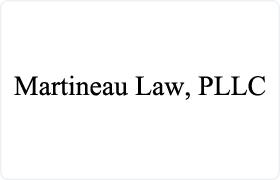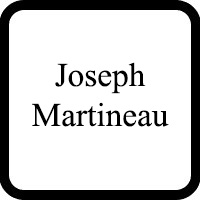Higley Estate Lawyer, Arizona
Sponsored Law Firm
-
 x
x

Click For More Info:
-
Martineau Law, PLLC
4445 E Holmes Ave Suite 106 Mesa, AZ 85206» view mapAccident & Injury, Estate, Nursing Home, Immigration Proudly Serving Maricopa County
Joseph Martineau has a track record of successful cases.
800-935-4021
Joseph Stanley Martineau
✓ VERIFIEDAccident & Injury, Medical Malpractice, Nursing Home, Estate, Children's Rights
Joseph Martineau is a practicing lawyer in the state of Arizona. Attorney Martineau received his J.D. from the Brigham Young University, J. Reuben Cla... (more)
Mark Atchley
✓ VERIFIEDBankruptcy & Debt, Estate, Social Security -- Disability, Power of Attorney
While attempting to keep to a budget and redistribute debt payment in order to keep your family fed or run your business, bills will continue to pile ... (more)
Chris J. Dutkiewicz
Bankruptcy, Corporate, Estate Administration, Estate Planning
Status: In Good Standing
Letty Segovia
Bankruptcy, Guardianships & Conservatorships, Landlord-Tenant, Wills & Probate
Status: In Good Standing
Aaron Clark Huber
Real Estate, Dispute Resolution, Estate, Employment
Status: In Good Standing Licensed: 16 Years
Andrew S Mathers
Wills, Trusts, Estate Planning, Business
Status: In Good Standing Licensed: 20 Years
Becky L Cholewka
Trusts, Estate, Family Law, Bankruptcy & Debt
Status: In Good Standing Licensed: 15 Years
Benjamin L Dodge
Real Estate, Estate, Divorce & Family Law, Bankruptcy, Accident & Injury
Status: In Good Standing Licensed: 19 Years
FREE CONSULTATION
CONTACT Joseph Martineau Mesa, AZ
Joseph Martineau Mesa, AZ Practice AreasExpertise
Practice AreasExpertise


